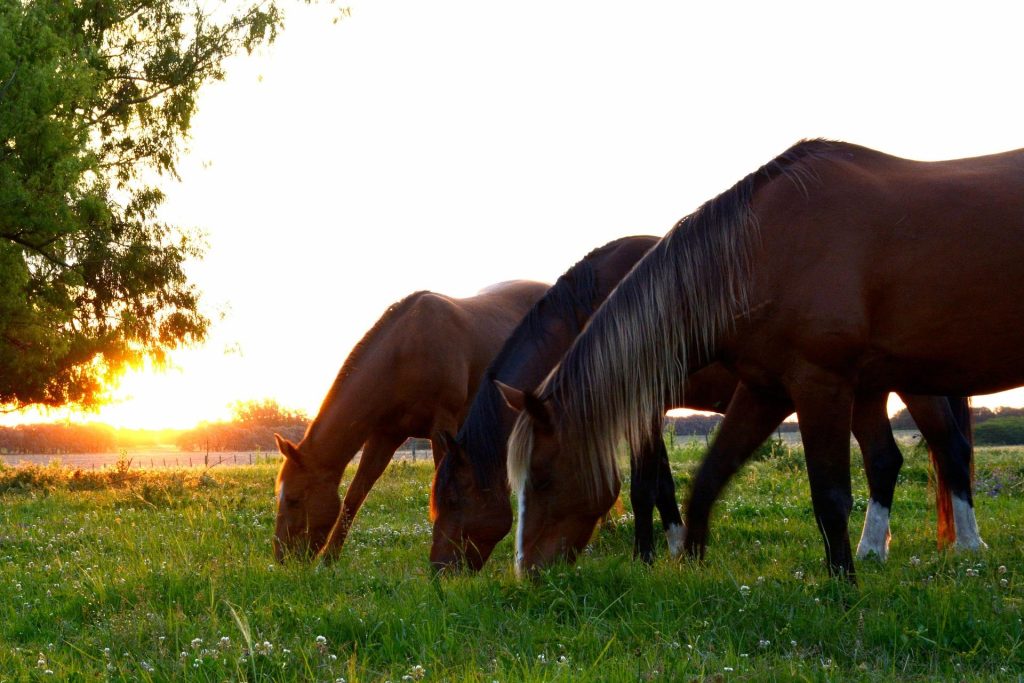The term “poor doer” is often used in the description of horses or ponies that are prone to losing weight. Specific breeds of horses, Thoroughbreds in particular, are especially prone to losing weight and are renowned for being poor doers. Even so, as all horse owners will be well aware, every horse or pony is an individual in their own right, so any breed of horse can struggle to maintain their weight and fall into this category. So, what can be done to ensure that your poor doer has the best possible diet and doesn’t become malnourished?
How to Feed Underweight Horses
If your horse is underweight, this could be for a wide variety of different reasons. First and foremost, you must ensure that enough energy is being supplied to and consumed by your horse through their horse feed. Just like humans, this depends on the size of your horse, their workload, and a wide range of attributing biological factors.
So how do we calculate how much we should feed an underweight horse? A general rule of thumb is to provide your horse with a total intake between 2 – 2.5% of their bodyweight. Proportions aren’t the only defining factor and quality of horse feed is important here. You should ensure that your horse’s diet consists of high-quality feed materials. This means investing in the best forage possible, allowing you to keep the overall expense of horse feed at a reasonable, manageable rate.
The Method of Feeding
When it comes to weight gain, ad lib forage should be regularly available. Ad lib feeding simply refers to a method of feeding where your horse has forage consistently available. No matter the time of day, your underweight horse should have the ability to feed as and when they want to. As well as leaving forage available for stabled horses, horses who are turned out also need an alternate source of forage. This is especially true for underweight horses within the winter months, where grazing is inaccessible due to frost or snow, as well as if the weather takes a turn for the worse, making it impossible for them to graze.
What Horse Feed Should be Used?
As aforementioned, the quality is key when helping your poor doer bulk up. It is possible to use feeds that are high in fibre in the bucket too. Those that combine alfalfa and oil are good options. The addition of highly digestible fibre feeds such as sugar beet is also beneficial for promoting weight gain in horses. The benefit of these is that they are a form of slow-release energy, meaning that your horse will be less likely to waste energy by being excitable.
Horse Supplements for Weight Gain
If you would like to use supplementations to assist your horse with gaining weight, always make sure you are using products from reputable suppliers, especially if you are competing under rules. A digestive supplement that contains ingredients such as yeast and prebiotics can also potentially help to establish a healthy microbe population within your horse’s gut. The microbes break down fibre and help the horse to access energy from fibre. They are also part of the horse’s immune process and so are key for overall health and wellbeing.
